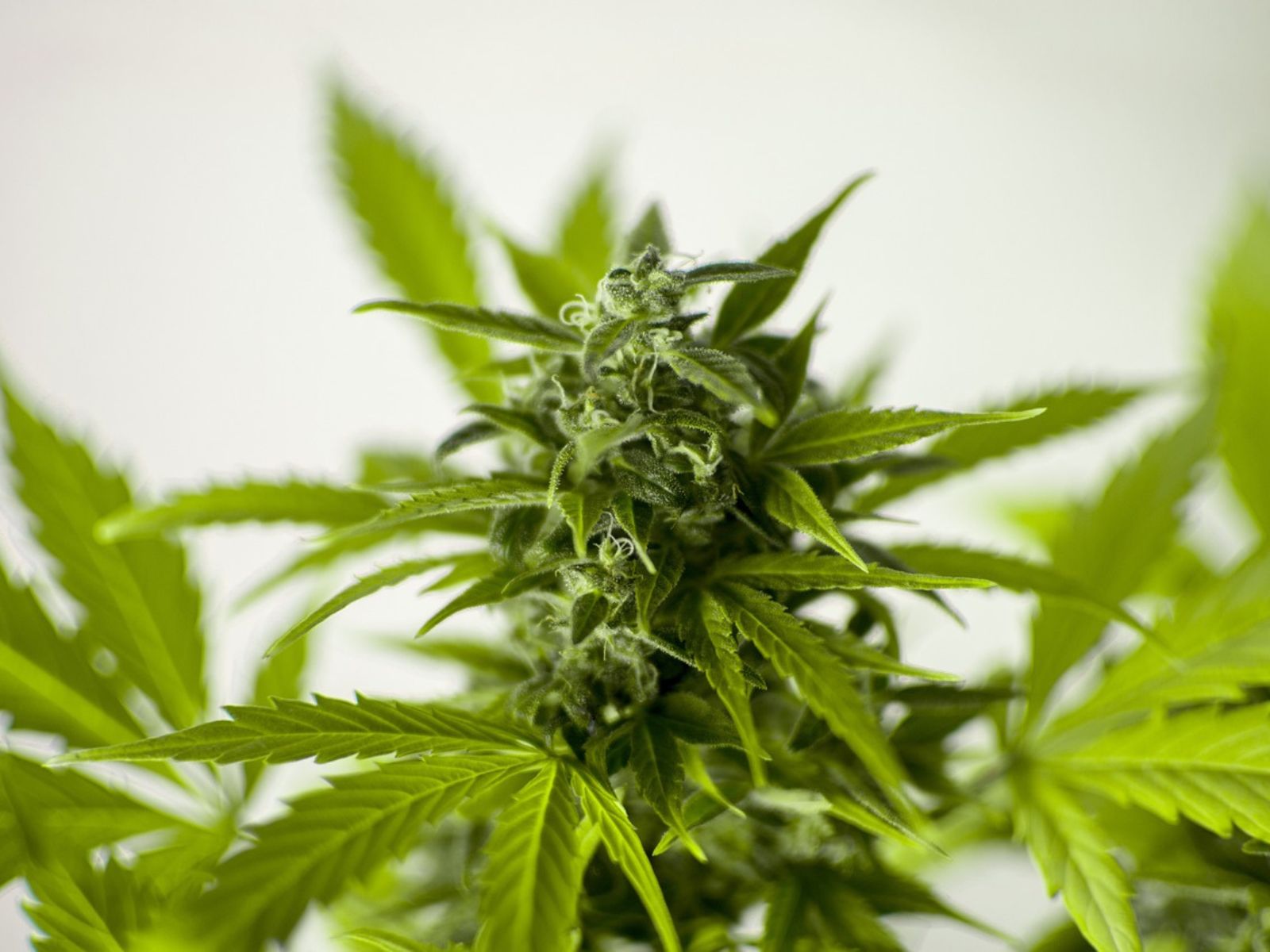The United Kingdom first adopted its current limited medical cannabis policies in November 2018. Since that time, tens of thousands of suffering patients have been prescribed medical cannabis products.
“Medical cannabis has been legal on prescription in the UK since November 2018, and an estimated 30,000 people use it,” the Byline Times stated in its recent coverage.
The United Kingdom is home to roughly 67 million people. For contextual purposes, the State of Florida in the United States is home to nearly 900,000 medical cannabis patients out of a total state population of roughly 22 million people.
Cannabis remains the most commonly used controlled substance in the United Kingdom, with 7.4% of adults between 16 and 59 years old in the UK reporting having used cannabis within the past year according to a 2022 report by the Office for National Statistics.
A poll of United Kingdom citizens was recently conducted by the National Centre for Social Research in which members of UK society were asked about their opinions regarding cannabis policy modernization efforts in the UK. The poll found a strong majority of support for legalizing cannabis sales in nearly every age group.
“A majority of Gen Z (80%) are supportive of legalising the sale of cannabis.” the Centre stated about its poll results. “Around two thirds (63%) support the sale of cannabis in licensed shops, and a further 17% believe the sale of cannabis should be legal, with no restrictions.”
The support for legal cannabis sales was lower in the poll results for subsequent generations, but still found strong support among most of them. According to the poll, 67% of Millennials support legal sales either through licensed shops (56%) or with no restrictions (11%), 58.3% of Gen X members in the UK supports legalizing cannabis sales, and 51.8% of Baby Boomers expressed support.
“Despite expressing far higher levels of support for allowing the sale of cannabis, Gen Z are in fact significantly less likely to use cannabis than their Gen X parents were at their age. In 1996, 16.2% of 16-24 year olds (now Gen X) reported using cannabis in the previous month. In 2023, just 8.4% of 16-24 year olds (Gen Z) reported doing so.” the National Centre for Social Research stated, providing additional context to the poll results.
The only generation to not report majority support according to the National Centre for Social Research was members of the Silent Generation, of which 46.9% expressed support for legalizing cannabis sales in the United Kingdom.
According to the United Kingdom government, the number of hemp licenses in the UK has increased from six licenses in 2013 to 136 in 2023. A first-time hemp license in the United Kingdom costs £580, and the license is valid for three hemp cultivation seasons. Hemp producers who apply for subsequent licenses pay £326, or less than £109 per year.
“Under the planned changes, licence holders will be able to grow hemp anywhere on a licensed farm and the maximum period for a licence will be extended from three to six years, subject to compliance with the terms of the licence.” the United Kingdom’s government stated on its website announcing upcoming changes.
Germany and the United Kingdom are projected to control an estimated 77% of Europe’s emerging legal medical cannabis market by 2028 according to a new analysis by The Dales Report.
“This growth is driven by both expanding legal frameworks and an increasing acknowledgment of the therapeutic benefits of cannabis. As both nations continue to refine their policies and commercial strategies, the focus remains on balancing patient needs with scientific and public health priorities.” The Dales Report stated about both national markets.
According to a recent market analysis by Research and Markets, the overall emerging legal European medical cannabis industry is set to undergo considerable growth between now and 2028.
“The burgeoning Europe medical marijuana market is poised for robust growth, as evidenced by the latest market insights which project an impressive leap from US$ 3,414.26 million in 2022 to US$ 9,703.38 million by 2028.” the researchers stated in a press release.

